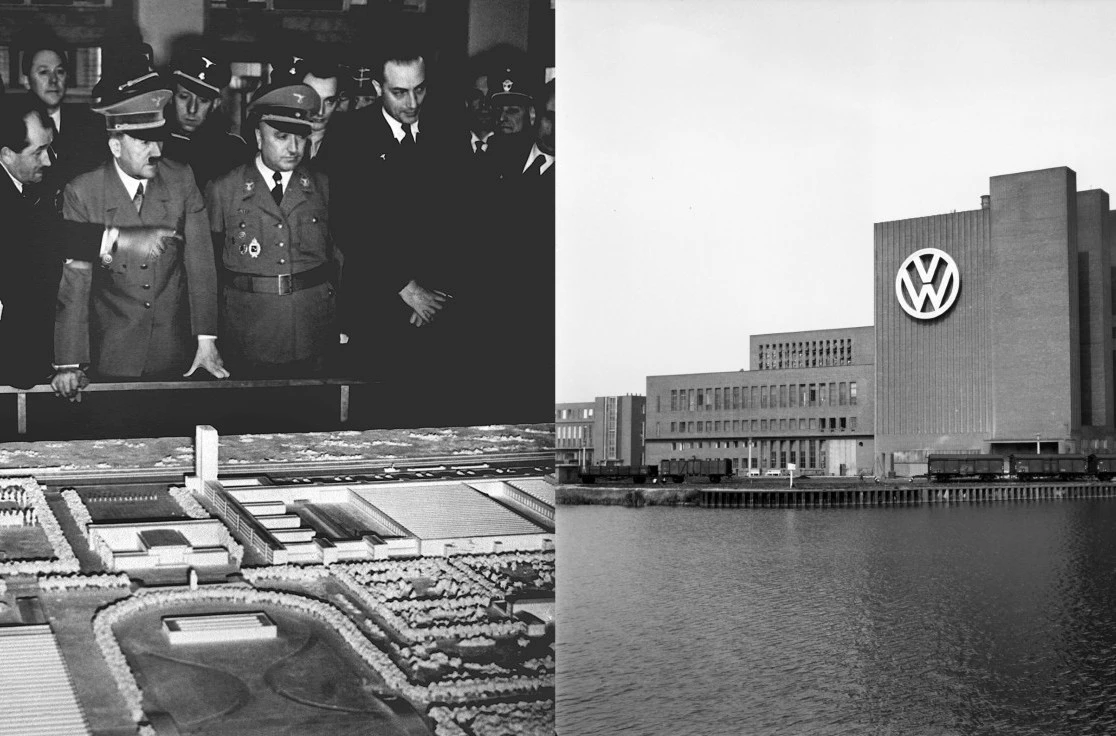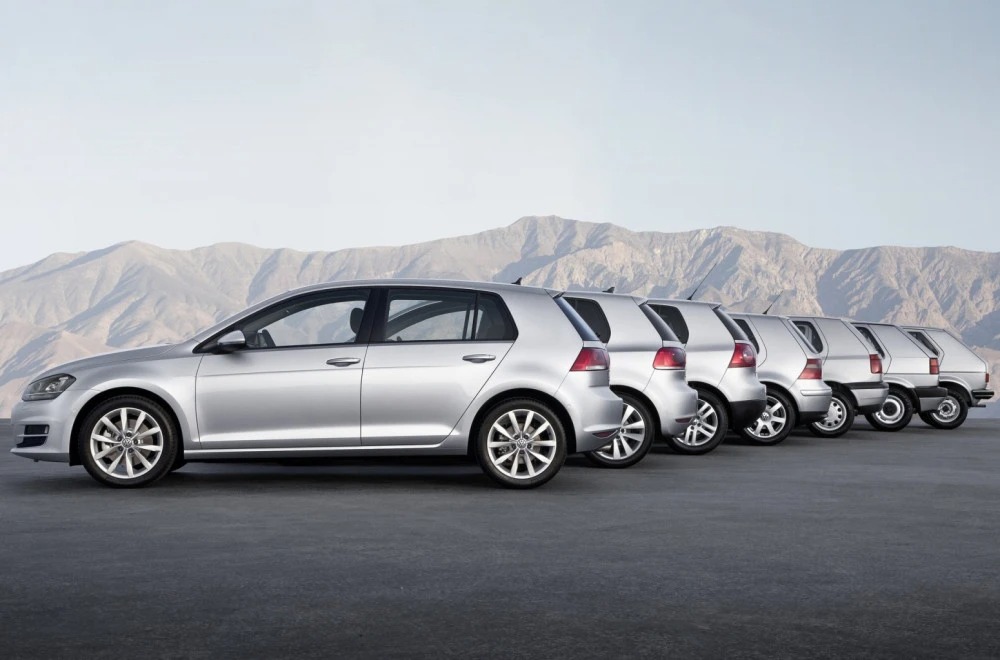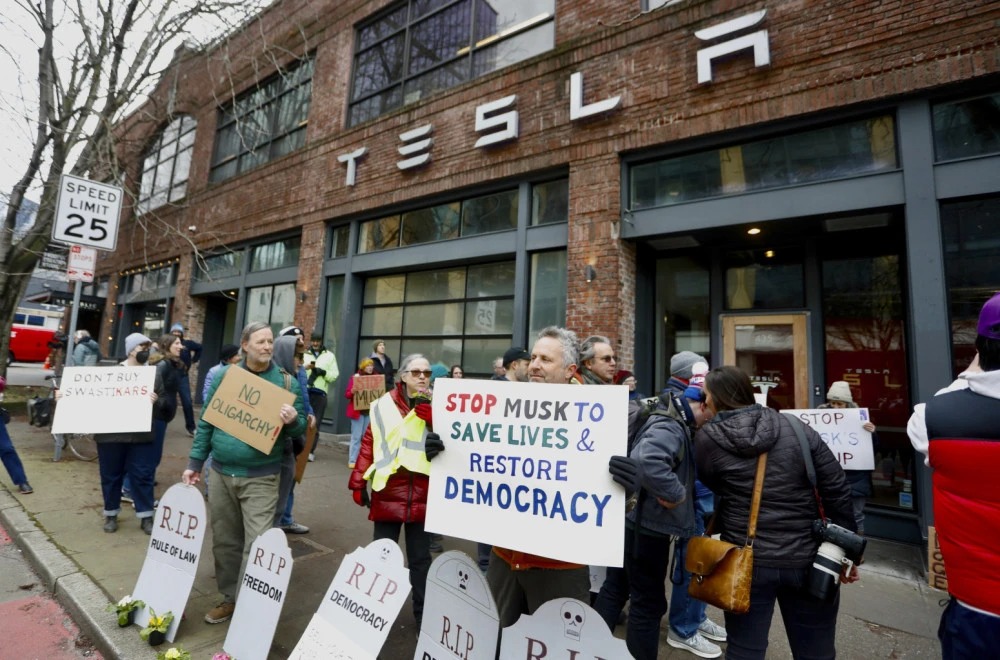
From Hitler to a Global Giant: Volkswagen Celebrates 86 Years
Today, Volkswagen celebrates its 86th anniversary – eight and a half decades of evolution from a "people's car" to a global giant and a synonym for the German auto industry.
Volkswagen, as many already know, translates from German as "people's car", which was the original idea behind the brand.
Adolf Hitler himself wanted an inexpensive and accessible vehicle for Germans that could accommodate two adults, three children and their luggage (or four adults) and maintain a speed of at least 100 km/h on German autobahns – reports B92.
The Sudeten German Ferdinand Porsche thus designed the predecessor of the now legendary Beetle, drawing inspiration from then-Czechoslovakia. The body shape, construction and air-cooled engine were based on Tatra brand vehicles (Volkswagen later paid compensation to Czechoslovakia).
On May 27, 1939, the company "Gesellschaft zur Vorbereitung des Deutschen Volkswagens GmbH" was founded in Berlin.
A year earlier, on May 26, 1938, Adolf Hitler laid the foundation stone of the factory in Wolfsburg, where the company is still headquartered today.
In December 1945, the first post-war Beetle rolled off the production line, and a decade later it had sold one million units. Nearly 22 million Beetles were produced and sold worldwide in total, with the last one made in Mexico on July 30, 2003.
You can read a more detailed history of Volkswagen in a separate article, but here we would like to highlight the indispensable Golf, so beloved in this region. This model hit German streets in 1974, and the eighth generation is currently on the market.
Today, the Volkswagen Group includes many brands, among them Audi, Porsche, Škoda, Seat, Lamborghini, and Bugatti.





